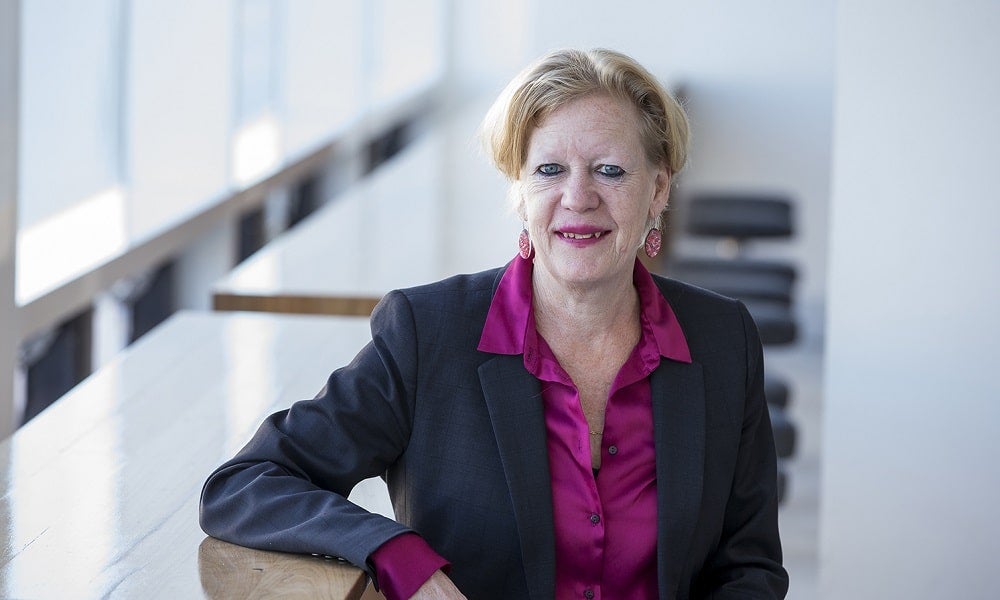HR professionals & HR academics: will they ever find each other?
Dialogue between HR professionals and HR academics will help ensure HR research is relevant to the needs of businesses and society, writes UNSW Business School’s Karin Sanders
For many years, Human Resource (HR) professionals and HR academics have had a difficult relationship. HR professionals often find that HR academics are concerned with problems that they do not recognise or find relevant, and HR academics seem to be more concerned with writing scientific articles that are incomprehensible to the average HR professional than with the problems on the work floor of many companies. Recent developments within many business schools seem to be able to turn this tide.
Academics within business schools have focused for years on conducting rigour and evidence-based research and then submitting the results of this research in scientific articles to the most prestigious journals. This was a rational choice. After all, the path to promotion from “early career researchers” to professor, as well as the distribution of bonuses, often went through the number of articles in these prestigious journals.

The growing importance of societal impact
More recently, the important question of the existence of business schools has been raised. What is the raison d’être of business schools? Of course, many people outside universities think that academics at business schools primarily have a raison d’être because they teach huge groups of students, and thereby generate a lot of money for universities. Academics, however, often think differently: for “us” teaching is often a condition to then have time for research.
The question of the raison d’être of business schools has led to more attention for “societal impact” in addition to the existing “academic impact”. It is not only important that our articles are published in top journals and are frequently cited by other academics, but there is also increasing demand that the work we do is considered important by HR professionals. The current generation of “early career researchers” must show, in addition to their scientific articles, that their work is also important for society, businesses, and for government. This seems to provide a nice opportunity for HR professionals to participate in the discussion and indicate what they consider important.
Read more: What are the three biggest challenges facing organisations?
The current discussion on societal impact
Unfortunately, we are not there yet. The current discussion on “societal impact” seems to be taking place entirely within business schools. The important question, of how we measure “societal impact”, has, strangely enough, become an academic question. Where there is sufficient support for measuring “academic impact”, such as the quantity and quality of the articles, the number of times the article is cited, and the number of successful funding applications, we are at a loss as to how to demonstrate “societal impact”. Often, the amount of money that academics bring in from companies is used, for example, to give a lecture to a company or to conduct a survey, but this does not necessarily mean “impact”. These activities are often referred to as “engagement”.
The BARD’s Net initiative
Within Australia and New Zealand, we have a network of all deputy and associate deans' research & enterprise of all Aussi and New Zealand business schools, the so-called BARD’s Net. During the last meeting of this network, we discussed measuring societal impact in detail and decided to start a study (that’s what we’re good at) so that we have an overview of how societal impact is measured within the different business schools in Australia and New Zealand. I have the privilege of leading this sub-committee, and we hope to be able to report the results of this research to the other members of our network in early 2024.
Subscribe to BusinessThink for the latest research, analysis and insights from UNSW Business School
A call to action for HR professionals
As I write this, I realise that in so far we have kept “society”, businesses, and government completely out of this discussion. If we find it so important to have a raison d’être and to do work that is also considered important outside of business schools, why don’t we ask what is considered important outside of the business school and what we do?
I would therefore like to call on all HR professionals to report what they consider important. Is it important to be able to listen to a podcast to learn more about a particular topic, or should we be more available to do research into problems that we face every day? Or should we, for example, be available for a day a week and better understand what HR professionals need? I would like to hear from you so that we can also take this into account in my report.
Karin Sanders is Senior Deputy Dean (Research & Enterprise) and Professor in the School of Management and Governance at UNSW Business School. For more information please contact Professor Sanders directly.
This blog was written in Dutch for the C-Suite HR professionals (CHRO network).
